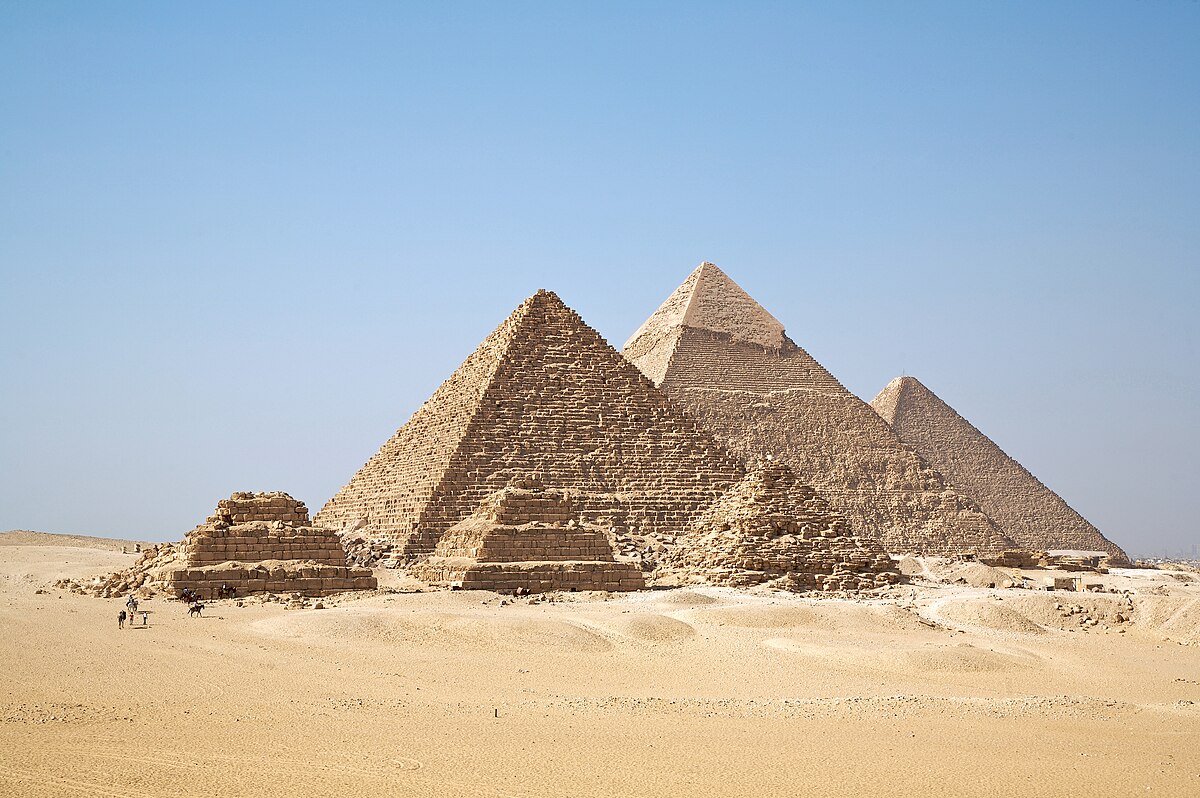"Life should be good, fun and easy," is from a book called Conscious Golf by Gay Hendricks. "This too shall pass," is from Aunt Dianne, your mom, and I suppose the Bible (2 Corinthians 4: 17-18). "Wear a smile, be a friend," is clearly Aunt Dianne - who scores big with two credits on my list! And "Stay whole" is from both Steven Covey (The 8th Habit) and Jim Loehr (The Power of Full Engagement).
If I had to give credit to someone for this idea that we all have our own path, I suppose it would go to Paulo Coehlo and his book The Alchemist, a book I highly recommend that you read again as you transition from college. (I think it was required reading in high school, right?) Coehlo is one of my favorite authors, perhaps my very favorite, and all of his books are best sellers around the world. Remember Santiago, the young Shepherd boy who follows his spiritual journey to the Egyptian pyramids in search of a treasure?
In the book, we learn that everyone faces four obstacles when they set out on their path to pursue their dreams: (1) We are told from an early age that it is impossible to live our dreams; (2) Love - we know what we want to do, but we are afraid of hurting those around us by abandoning everything to pursue our dreams; (3) Fear of defeats - once we accept that love is actually a stimulus, that those who truly love us actually want us to live for our dreams, we become fearful of the defeats that we meet along our journey; and (4) Just as we are about to realize our dream, Coelho says:
Having disinterred our dream, having used the power of love to nurture it and spent many years living with the scars, we suddenly notice that what we always wanted is there, waiting for us, perhaps the very next day. Then comes the fourth obstacle - the fear of realizing the dream for which we fought all our lives.Life is easier when you accept the fact that everyone has his or her own path. Think about that in terms of the four obstacles and remember everybody is going through this same process and we are all at different places in the journey.
Psychologists tell us that we have a tendency to ‘project’ onto others and to see things in others that we actually struggle with ourselves. One of the most common areas in which we project (on others) are emotions that lead us to feel angry. Here's a good article on how we transfer feelings of guilt, hurt and fear, which leads to us to feeling and acting angry. (Note that anger is a secondary emotion to what is actually going on, not the primary emotion.) Here is the summary / conclusion from the article:
So, to fundamentally change what can be a never-ending vicious cycle, it’s crucial to comprehend not only the cause(s) of our anger but also its detrimental effects. Ultimately, feeling hurt—and consequently acting out a compulsion to retaliate in kind—is “kid stuff.” In such instances, then, can we learn how to hold onto our most rational adult self and “process”—internally—what’s happening inside our head? And to do this before we alleviate our feelings of guilt, hurt, or fear by turning them into anger? Can we begin to break a pattern that may well be hazardous to the relational closeness, harmony, and trust that we—like the rest of humanity—deeply crave?There is a lot to process here and perhaps I am jumping around a bit inside of my own post. But I do know that life is easier if you can learn to accept that everyone is on their own individual journey. Try not to judge others and try not to project your own insecurities onto to those whom you encounter along the way.
“Continue in the direction of the Pyramids," said the Alchemist. "And continue to pay heed to the omens. Your heart is still capable of showing you where the treasure is."

